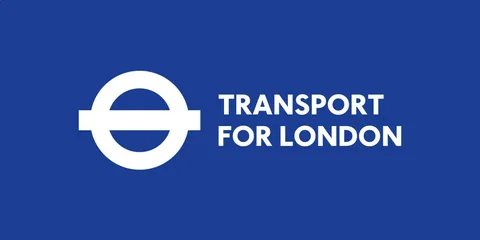Transport for London (TfL) is the authorities frame responsible for overseeing the town’s sizeable shipping network. From buses and trains to cycling schemes and road management, TfL is fundamental to keeping London shifting. Working at TfL gives no longer only a task, but an possibility to be a part of a team that affects thousands and thousands of lives every day.
This guide explores the numerous TfL task possibilities, the advantages of operating at TfL, and guidelines on how to stable a function within this prestigious business enterprise.
What Is TfL?
Transport for London is the business enterprise chargeable for managing the capital’s transportation structures, consisting of:
- The London Underground
- London Overground
- Docklands Light Railway (DLR)
- London Buses
- Roads and cycle lanes
TfL’s task is to offer secure, green, and sustainable delivery services for all.
Why Work for TfL?
Benefits of TfL Jobs
TfL offers a wide range of perks to its employees, together with:
- Competitive salaries
- Generous pension schemes
- Free travel on TfL offerings for personnel and their families
- Discounts on diverse sports and purchases
- Flexible working options
Career Growth Opportunities
TfL invests in its personnel by presenting improvement packages, education sessions, and mentoring possibilities to assist employees progress in their careers.
Types of Jobs Available
TfL offers diverse roles catering to numerous talent units. Here are some of the principle classes:
1. Administrative Roles
These positions focus on workplace-based tasks, which include:
- Human sources
- Customer service
- Project management
2. Operational Roles
Frontline personnel make sure the smooth functioning of TfL’s offerings, together with:
- Train drivers
- Station assistants
- Traffic coordinators
3. Technical and Engineering Roles
Engineers and technical specialists maintain and innovate shipping infrastructure, covering regions like:
- Signal structures
- Civil engineering
- IT and software development
4. Graduate and Internship Programs
TfL gives based applications for sparkling graduates and interns in fields which includes engineering, management, and information evaluation.

Read More: Herry Heryawan and Jessica: Unveiling the Truth
Qualifications and Skills Needed
The qualifications required for TfL roles vary depending on the activity. Generally, TfL seems for:
- Good verbal exchange abilties
- Problem-solving capabilities
- Relevant technical qualifications (for engineering roles)
- Experience in customer support or group management (for operational roles)
Application Process
- Explore Open Positions: Visit TfL’s reputable careers web page to browse available roles.
- Prepare Your Application: Tailor your CV and cover letter to match the activity requirements.
- Submit Online: Apply immediately through TfL’s process portal.
- Assessment and Interview: Selected candidates are invited for assessments or interviews.
Tips for Succeeding Job Interview
- Research TfL: Understand the enterprise’s dreams, services, and values.
- Highlight Relevant Skills: Showcase your skills that align with the position’s requirements.
- Practice Common Questions: Prepare solutions for questions like, “Why do you want to work for TfL?”
- Show Enthusiasm: Convey your ardour for working inside the shipping region.
Career Progression at TfL
TfL encourages employees to develop in the business enterprise. With everyday education programs, mentorship opportunities, and promotions, you can improve your profession in regions like control, engineering, or operations.
FAQs
- What is the starting earnings at TfL?
Salaries vary primarily based on the function but are generally competitive compared to similar positions in London. - Can I observe for a couple of roles right away?
Yes, you could practice for multiple positions if you meet the qualifications. - Are there component-time possibilities at TfL?
TfL offers bendy operating options, together with element-time roles. - Does TfL offer schooling for brand new personnel?
Yes, all employees receive education tailor-made to their roles. - How long does the recruitment procedure take?
The recruitment process can take a few weeks, depending on the function and range of candidates.


